Description
GeoTol Applications and Tolerance Stacks– Complete Set
The GeoTol Applications and Tolerance Stacks DVD video series is total of 17 units with 10+ hours of video and another 20 hours of student exercises and is based on the ASME Y14.5-2009 and ISO GPS standards. The GeoTol Applications and Tolerance Stacks Program is an advanced tolerancing course for design engineers, drafters, manufacturing engineers, quality engineers and others involved with tolerance analysis or drawing review. Anyone looking for a deeper understanding of how to apply geometric tolerancing and perform tolerance analysis will greatly benefit from this course.
Prerequisite: GeoTol Pro Fundamentals Program Level 1 and 2.
Tolerance Stacks
The stacks section is contained in the first 6 units of this text, and is designed to teach students the fundamental principles of tolerance stacks. The student will learn a variety of stack procedures, beginning with simple linear stacks on detail parts in units 1 and 2, and migrating to linear assembly stacks in Unit 3. Unit 4 begins with axial detail stacks, and moves on to complex axial assembly stacks in unit 5. Orientation tolerance stacks are covered in unit 6 and melded together with axial boundary assembly stacks to provide the participant with a complete understanding of the stacks process. Students will use this knowledge to perform tolerance stacks to ensure the design criteria is met in the application case study problems.
Design Applications
The applications section is a total of 10 units, (7 thru 17). Unit 7 begins with a quick review of the fundamentals of geometric tolerancing and a few basic applications of geometric tolerancing on simple detail parts. The following units are a series of case study examples, where the students will learn to establish datum reference frames and apply geometric tolerancing to a variety of parts. There are a multitude of simple to complex sheet metal, cast, turned and milled parts, and welded assemblies. The case study examples start out simple, but generally grow in complexity as the units progress. In the beginning of each unit there will be an introduction explaining the issue at hand and the necessary functional requirements to be met. Some examples provide detailed explanation, and in other instances, examples are incomplete by intent to make the problem less complex. After the parts are toleranced to achieve functional requirements, there are tolerance analysis stacks and reallocation exercises the student must perform to ensure the parts meet the established requirements detailed in each introduction.
How to use this course
This course provides complete flexibility in the learning process and can be customized to meet your needs. Students can use this video program to learn only tolerance stacks, only design applications or a combination of both. The tolerance stacks sections must be completed sequentially in order from unit 1 to 6. The applications section may be taken in any order, applying tolerance to sheet metal, machined parts, simple or complex problems. To make the learning experience exciting, it is recommend the student alternately completes a lesson in the stacks units, and afterwards, solves a case study problem from the applications units. This format provides variety in the lessons and provides practical applications at the same time. The student can work problems in any order in the application section. In order to solve the stacks problems in the case study examples, there will be prerequisites from the stacks units the student must first complete. The prerequisites for the stack exercises are shown after the title on the top of the exercise page in the video and the textbook, and following the title page of each application. The solutions along with the rational for the solutions are included. There are a total of 39 links in the DVD video program where a student or leader can click and quickly jump to a particular lesson within the video series. This make the video series simple and easy to use and understand.
Take advantage of Scott and Al Neumann’s sportscaster style presentation that has been delivered, enhanced and refined for the past 30 years. The videos are flexible and allow the units to be combined and tailored to meet individual needs. Company parts and examples may be added to customize the presentation. Each unit within the program takes about 1 to 2 hours to complete, depending on depth of coverage and number of student exercises. The videos are perfect in a learning library to retrain and train new hires. Solutions to the class exercises are included along with Scott and Al providing the rational for the solutions. This GeoTol Pro Applications and Tolerance Stacks video can be an important part of your overall quality strategy. The videos are perfect for a group in a conference room, lunch and Learn or individual learning library setting to retrain and train new hires. Individual units are also available.
